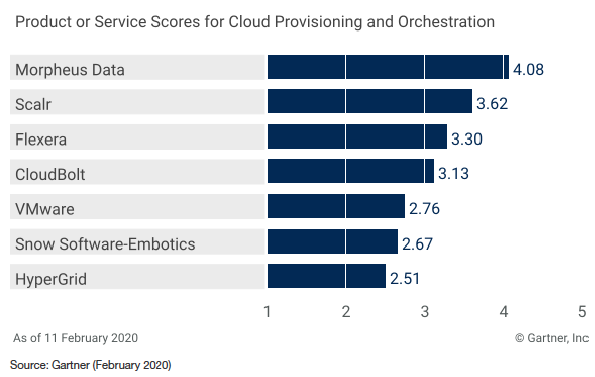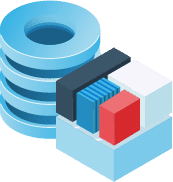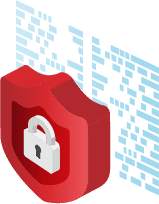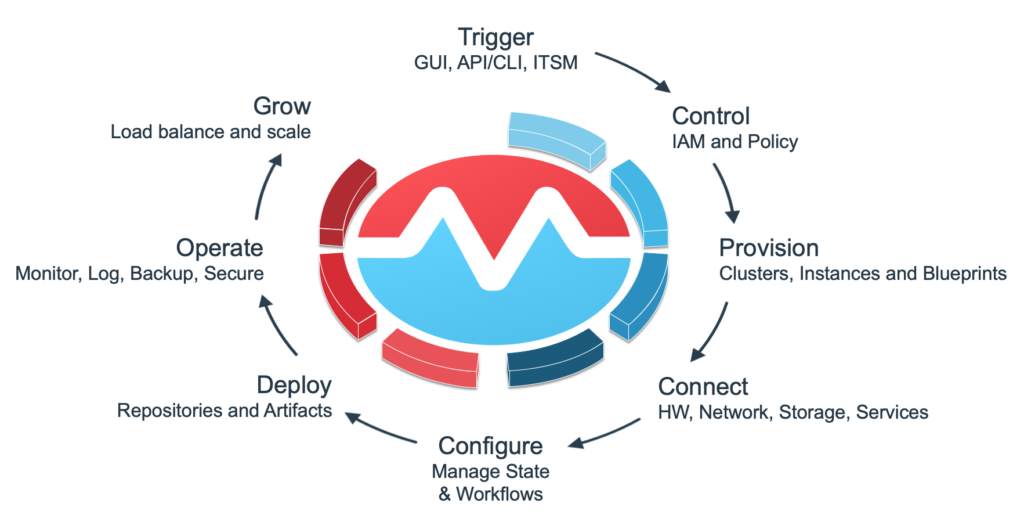Hybrid cloud management is a space that has changed a lot in recent years as more and more organizations recognize that there is no ‘one size fits all’ approach so end up with a mix of workloads running across both on-prem private clouds and public cloud estates.
Finding the best multi-cloud and hybrid cloud management platform for your workloads can be hard. Legacy cloud management software was trying to solve a governance problem for IT Ops while others were focused on optimizing public cloud spend. The world has moved on but many CMPs are still trying to solve yesterday’s problems.
Morpheus is different; we were designed by DevOps pros as part of an application factory that needed agility, flexibility, and control. They couldn’t find the perfect tool so they built one. It’s why we combine the industry’s best cloud management with open container orchestration and powerful infrastructure automation.
Experts like Gartner and Forrester look at how well hybrid cloud management solutions can eliminate tool sprawl and cover use cases across many functional areas.
Below are 5 areas to look at when picking the best platform for your needs. It’s key to grade vendors on how well they provide a unified approach versus forcing you to cobble together disconnected products.


CloudOps and platform engineering teams must quickly connect hypervisors, networks, storage, and other technologies to create private cloud. At the same time they need to manage public cloud accounts. Look for hybrid cloud management solutions that integrate with your existing technologies without needing a ton of scripting or extra costs for plug-ins.

The goal of self-service IT is to give users resources on demand without worrying about the underlying technology stack. The best hybrid cloud management platform should provide self-service that meets different user needs across traditional and cloud-native platforms using GUI, ITSM (ex: ServiceNow), API/CLI, or Infrastructure-as-Code (ex: Terraform) triggers.

Speed should not come at the expense of security and process. The best hybrid cloud management platform should enable SecOps to apply control over cloud use, application provisioning, compliance policy, and security posture. This includes the ability to integrate with identity management providers and CMDB repositories.

Legacy CMPs fell short when it came to meeting DevOps needs. The best hybrid cloud management platform solve this by exposing full-fidelity APIs, integrating into pipeline tools like Jenkins, supporting infrastructure automation blueprint technologies such as Terraform, and managing day-2 activities for feedback loops.

Five years ago, cloud cost optimization was a standalone market. Today, visibility, cost reporting, and analytics are table stakes for FinOps. The best hybrid cloud management software will ingest brownfield clouds, consolidate usage data, leverage machine learning, and apply policies to reduce cloud cost.
